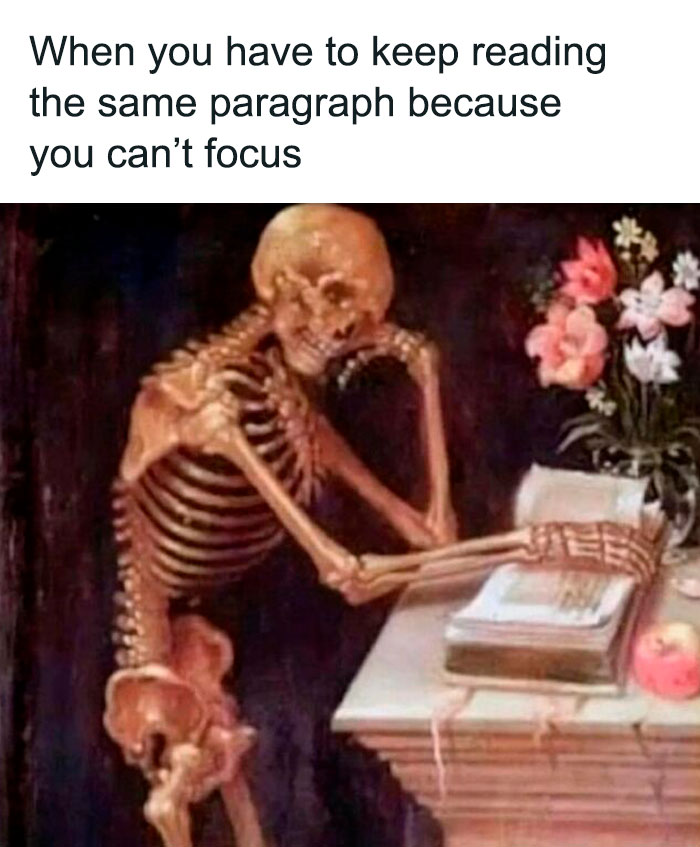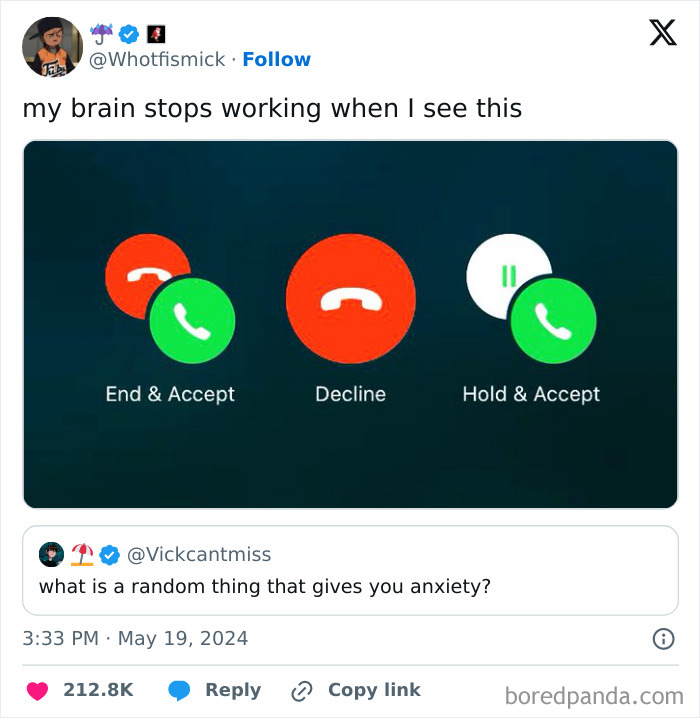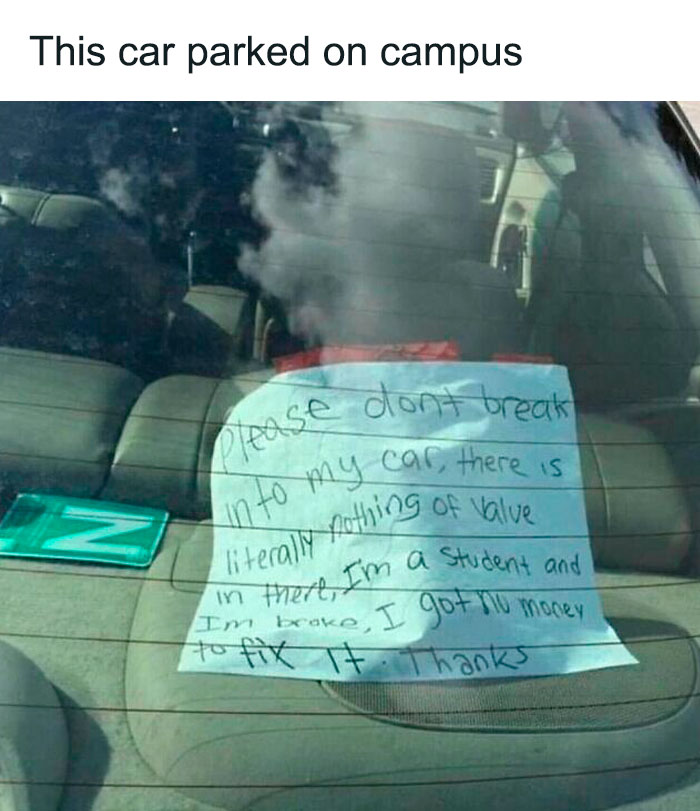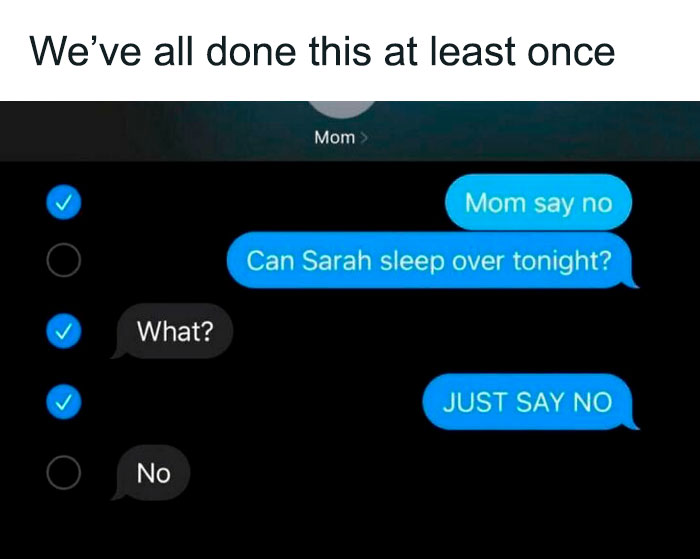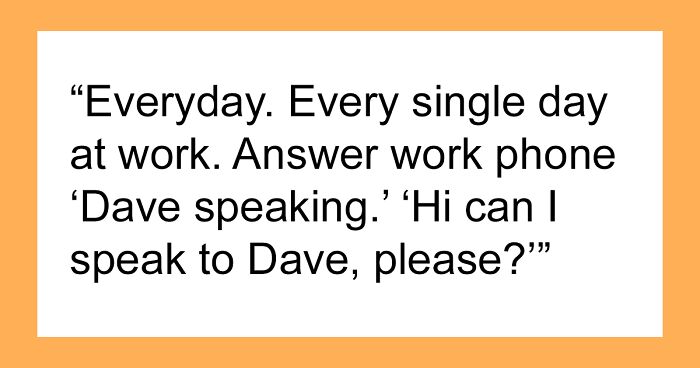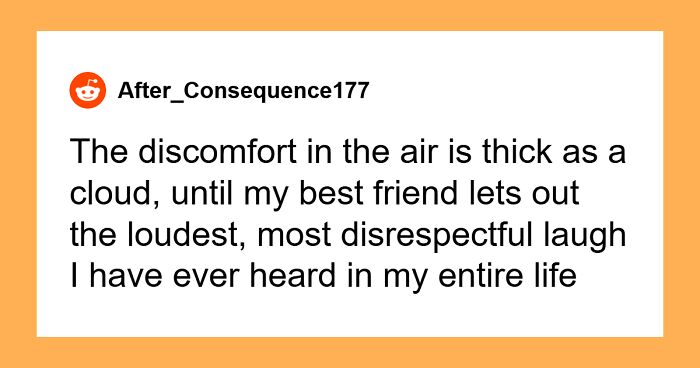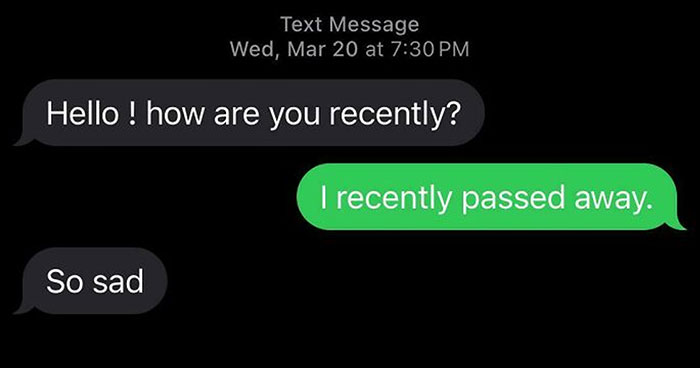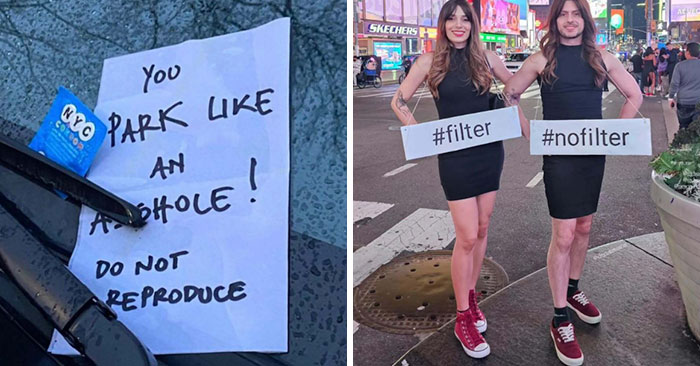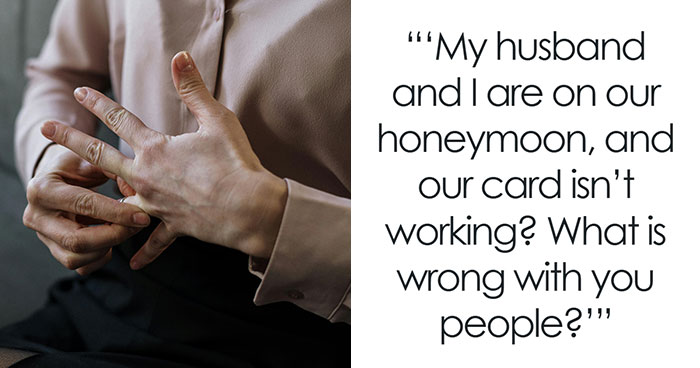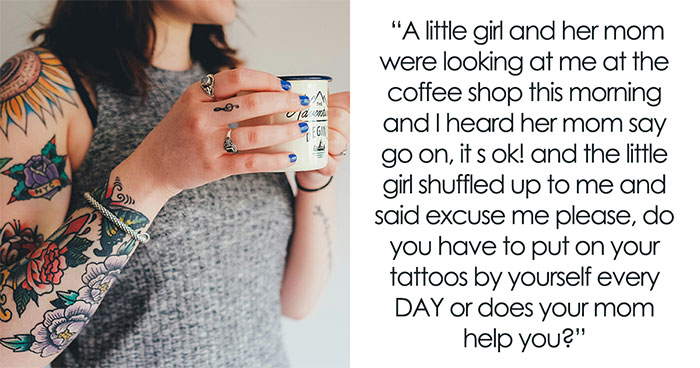
50 Memes To Distract You From Whatever You Were Supposed To Be Doing, Courtesy Of This IG Page
Interview With ExpertWhen winter rolls around, we lose around 4 to 8 hours of daylight, with some regions like Alaska exceeding 12 hours. Have you ever noticed that such a lack of sunshine and lower temperatures in the cold season tends to make us feel less motivated and happy, dear Pandas? This phenomenon is called winter blues and encompasses the dreary mood many of us are probably in right now with darkness and cold being in full swing.
If your serotonin levels are in some real need of replenishing, Bored Panda has your back with a fresh batch of memes, courtesy of this Instagram account. Scroll down to fuel on some laughter and don’t forget to upvote the ones that spoke to you the most.
While you’re at it, check out a conversation with mental health therapist and founder of Growing Connections Counselling, Gail Herbert, who kindly agreed to share a few tips on improving our moods during these dark months.
This post may include affiliate links.
“For some people, certain times of the year can affect mental health. Sometimes, the change in the way sunlight hits or the temperature changes, for example, can trigger old memories,” says mental health therapist and founder of Growing Connections Counselling, Gail Herbert.
“Our brains can pick up on sensory input during intense experiences that we may not normally notice. Our bodies store the memories from those times. The "logical" prefrontal cortex may not notice, but our bodies do,” she notes.
During colder weather and shorter days, it’s common to feel more tired and sad and have difficulty concentrating or getting quality sleep. Since people leave for work in the morning in the dark, spend the whole day in an office, and leave to go home again in the dark, it affects their usual state.
If a person isn’t going outside during their lunch break, the lack of sunlight can disrupt their body’s internal clock, the balance of the body’s melatonin levels, and cause a drop in serotonin, which can trigger the so-called winter blues.
“Winter blues is a general term, not a medical diagnosis. It’s fairly common, and it’s more mild than serious. It usually clears up on its own in a fairly short amount of time,” says Dr. Matthew Rudorfer, a mental health expert at the National Institute of Health. However, when fatigue and sadness interfere with functions of daily life, it can be a sign of something more serious.
“Seasonal affective disorder (SAD), though, is different. It’s a well-defined clinical diagnosis that’s related to the shortening of daylight hours,” says Rudorfer. “It interferes with daily functioning over a significant period of time.” SAD differs from winter blues in that it follows a regular pattern as the seasons change and entails much more severe sadness, sleep, and eating issues. In essence, it’s like comparing occasional sadness with seasonal depression.
About 5% of the U.S. population experiences seasonal depression. People who are exhibiting symptoms of SAD are usually treated with light therapy, which entails looking at a lightbox for 30 or more minutes a day. Such treatment isn’t effective for everyone, so instead, specialists might prescribe antidepressants or cognitive behavioral therapy. It's a type of talk therapy where people try their best to deal with their negative thoughts and engage in new behaviors that make them feel better.
But then you'd have to walk around Gotham City at night... no thanks
Load More Replies...However, for most people, seasonal mood changes are temporary and can be easily combatted by introducing some lifestyle changes. Therefore, Herbert suggests “getting outside and interacting physically with your environment. This can create new associations for the time of year.” She also proposes journaling in the form of a ‘brain dump.’ “Write for a set amount of time expressing your feelings. These can be positive, negative, or mixed. Write whatever comes to mind and feel free to dispose of it after,” she says.
Another great way to boost our mood in the darker months is to reach out to our community, says Herbert. “This can be friends or family. It could also be an organization you are involved with, like library book clubs, activist organizations, pet rescue centers, arts organizations, or whatever groups you may be interested in.” Additionally, you might want to look up or create a list of affirmations. “Choose one for each day and spend some time with it at the beginning of your day. Really let yourself be present to the affirmation, even if it feels hard to believe at the moment.”
Lastly, Herbert suggests listening to different music and taking a photo a day. This can help shift your perception and notice something beautiful or fascinating about the colder winter months. While it’s impossible to change the weather and the amount of light we get, these few tips can boost our mood and help us feel better.
I was invested. But I'm also fighting off falling asleep, so... ¯\_(ツ)_/¯
Load More Replies...I would have enjoyed it a hell of a lot more if this page didn't freeze 10 times a minute!
Are you on the app or website? I detest the app.
Load More Replies...I was invested. But I'm also fighting off falling asleep, so... ¯\_(ツ)_/¯
Load More Replies...I would have enjoyed it a hell of a lot more if this page didn't freeze 10 times a minute!
Are you on the app or website? I detest the app.
Load More Replies...
 Dark Mode
Dark Mode 

 No fees, cancel anytime
No fees, cancel anytime 












































